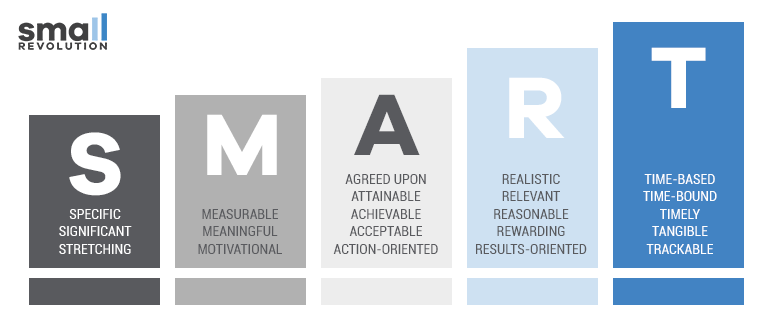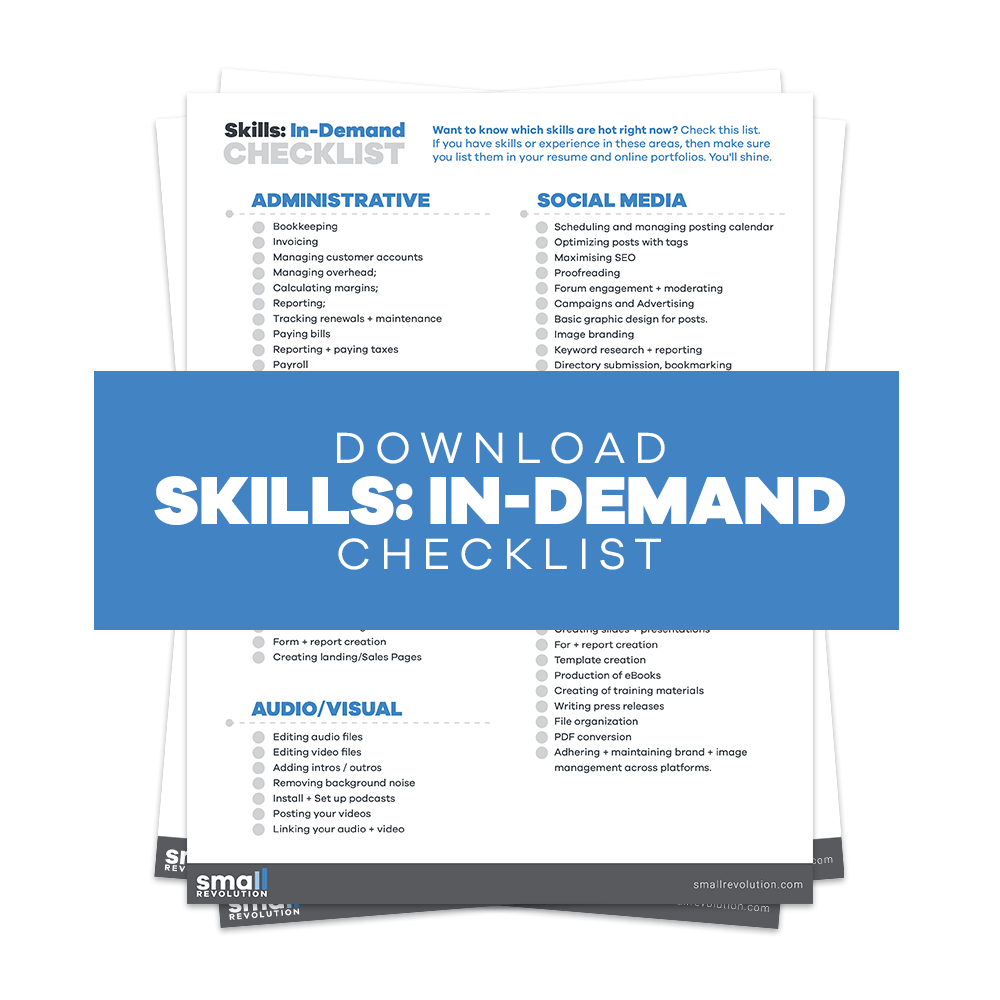By nature, we as human beings have an inborn desire to grow, develop new skills, broaden our horizons and expand knowledge.
Some people enjoy watching TV shows about wild animals or cars, while others like watching news related to economy or politics, and some others simply love learning new languages or reading books.
Everyone is unique and we all learn in different ways.
Still, most if not all of us have a common goal – to gain useful knowledge which will not only bring about our personal development and intellectual growth but also equip us with highly sought-after skills that will lead us to better online career prospects and an increase in our income.
BUT, here’s the rub:
Years after graduating from high school or university, it’s tremendously difficult for many people to find the motivation to keep learning. Don’t you agree?
Even though you’re aware that the times we’re living in are changing rapidly and we all need to keep abreast of the changes if we want to stay in the game, it’s still so hard to get yourself going, isn’t it?
Despite the fact that as workers we may soon risk being easily replaced by automation and Artificial Intelligence, the difficulty for many people to find the learning motivation after finishing formal education persists.
Plunging into the successful world of online work goes hand in hand with dedicating your time and efforts to lifelong learning.
Do you see legitimate online work as a guaranteed way to:
- massively improve your income growth potential and
- make new friends worldwide?
(By the way, that’s exactly what you can undoubtedly expect from such an online career path.)
You don’t want to risk being replaced by automation, but find it hard to motivate yourself to learn new skills faster than automation can keep up?
No worries!
Tip 1: Choose what you want to learn
Unlike in high school when we all had to learn the same subjects regardless of our wishes and talents, now you can choose what you want to learn.
Honing the skills you like is what makes lifelong learning in the world of online work so much fun.
So, as an online worker (to-be), you may choose to specialize in:
- Copywriting or content writing,
- Social media marketing,
- Search engine optimization (SEO),
- Customer service,
- Graphic design,
- Web Development,
- Advertising,
- Google Analytics or
- any other field that suits your preferences best within the diverse online work industry.
You may find some or all of these specializations enjoyable to learn, and they can all secure you a solid online income. Isn’t that fascinating?
Tip 2: Always set a specific attainable goal
Setting specific and challenging but realistic goals will help you keep the end result in sight so that you can keep being motivated by staying focused on your learning benefits.
Even better – have some fun!
Make yourself a sign or a poster reminding you of your specific long-term goal and hang it somewhere near your desk. This stupid-simple physical reminder of your goal will ensure you stay mindful of it and your progress throughout your learning process.
And we’re NOT talking about some vague, general goals here like:
‘I have to get good at social media marketing.’
What you need is a clearly defined, obtainable goal for which you have enough available resources, knowledge and time, and which will make you feel accomplished at the end of your learning process.
An example goal like this one would be much better instead:
‘Twelve months from today, I want to master Facebook Advertising and apply that knowledge to make at least $1,000 per month online working for an eCommerce store.’
In other words, you need a SMART goal!
The acronym SMART has a few meaning variations, which can bring about your better understanding of the broader concept:

Here are some examples of SMART goals for better understanding:
As stated by Mind Tools, setting SMART goals means you can:
- clarify your ideas,
- focus your efforts,
- use your time and resources productively, and
- increase your chances of achieving what you want in life.
Check out the link and their video to discover more on fulfilling your life ambitions with the help of this technique.
Speaking of goal-setting, did you know that only 3% of adults have clear, written, specific, measurable, time-bounded goals, and by every statistic, they accomplish ten times as much as people with no goals at all?
As Elbert Hubbard, an American writer and philosopher, said:

Choose NOT to be one of them!
Tip 3: Set short-term mini goals to stay on the right track
Setting mini goals is highly useful for checking your progress and retaining motivation on your long learning journey.
Here’s what another wise man said about goals:

Remember our previous example goal about mastering Facebook Advertising?
Well, a series of short-term monthly, weekly and/or daily mini goals are a sure way for reaching that specific long-term goal.
For instance, you can set mini goals like these:
- ‘I’ll learn how to find great photos to use in Facebook Ads til the end of this week.’
- ‘I’ll learn how to create a good FB Ad copy until next Friday.’
- ‘I’ll learn how to create a Facebook fan page three weeks from now.’
- ‘I’ll learn how to set up my first Facebook Ad campaign a month from today.’
Achieving those small goals can give you a fabulous feeling of pride and boost your motivation to continue everyday learning.
Besides keeping your thoughts on what you want and staying positive, creating daily mini goals will help you ‘think’ success with your subconscious so that you’ll move faster towards your long-term goals.
Changing your life for the better is all about getting into good habits such as this one, isn’t it?
Tip 4: Visualise your learning outcomes
If you don’t really enjoy learning a specific topic within your chosen field perhaps because it is a slow process or you’re simply not in the mood to learn, reminding yourself of why you’re doing it all is of great help.
Just think of what you will achieve by the end of a particular learning process. Visualize the good outcomes of your hard work and bear in mind the end result and all the good things that will come to you by learning, such as being able to:
- pursue a lucrative online career e.g. as a Social Media Marketer
- increase your monthly income
- afford your children the best possible education and healthcare with the money you earn
- make more friends worldwide and maybe get an opportunity to travel more someday etc.
Visualizing the success you want to achieve will quickly get you back in the mood for learning and ensure you keep up a positive attitude although the learning process can be difficult and boring at times.
Imagining how you’ll feel when you reach your target will give you enough excitement and keep you pushing ahead to your big goal.
Tip 5: Reward yourself for every accomplished goal
Another incredible way to achieve lasting motivation is to give yourself mini rewards whenever you successfully complete a phase in your learning process, i.e. for hitting every small goal on your way to the end big one.
The reward could be anything you enjoy from treating yourself to your favorite chocolate or coffee to going to the cinema with your friends or buying yourself a new (in)expensive gadget or anything else you’ve always wanted.
Each time you complete a step – master a new area on your route to success, celebrate it by treating yourself. That’s how you’ll give your brain something to look forward, which trains it into creating motivation.
Wondering how?
Simply by creating a good habit. When you repeat this mini rewards pattern, the ‘pleasure/pain’ part of your brain will remember it and understand that something pleasurable follows whenever you study with success.
Then, it will be enough just to remind your brain of the reward once you feel you lack motivation and it will return.
Tip 6: Develop a learning routine
Setting a fixed time each day for studying can bring about your learning motivation because you’ll know exactly what to expect that day, when you’ll start and what you’ll do. It’s best to choose the time of the day when you’re most efficient.
However, finding time to study during a busy day is quite challenging, especially for parents with all those daily chores they’re expected to complete.
Perhaps you could try waking up early at 4 or 5 a.m. making yourself a cup of coffee and starting your studying session with the daily milestones in mind.
Or, if you’re not a morning person, you could set aside a few hours late at night when your kids are sound asleep to spend a few hours studying what you planned for that day.
Having some plans in motion will enable you to make the most of your study time. So, if you have problems with planning, here are a few tips:
- Stick a calendar or wall planner above your desk so you can see your timetable whenever you’re studying. Mark it up with important assignments and deadlines.
- Break your tasks down into manageable chunks and make daily and weekly to-do lists, so that you’re clear about what you need to be doing. Place those lists where you can see them.
- Give yourself a time limit for each task from your to-do list before you start each learning session. If you don’t get something done in the set time, figure out whether it’s better to complete it or to start working on another task and get back to the first one later.
- Set alarms as reminders of your learning plans to help you keep on track.
Or you have some other preferences?
Choose an approach that works best for you and remember that planning your daily learning sessions and having a schedule makes it much easier to stick to your resolution to study every day, as well as to avoid procrastination no learner is immune to.
Tip 7: Find emotionally strong reasons for learning
Before you even choose what you’ll learn and start the whole process, figure out WHY you want to learn a particular subject matter and how you feel about that, i.e. what drives you towards the desire to learn that new skill.
Your reasons for learning something need to be emotionally strong and connected to positive feelings such as fulfillment or happiness if you don’t want to struggle to stay motivated.
For example, gaining specific knowledge just to win an argument with someone is usually not a strong enough reason to enable you to keep yourself motivated for a long time.
On the other hand, honing a new skillset to improve your work efficiency or financial situation is bound to provide a strong incentive to continue learning and work harder.
Tip 8: Find the ways of learning that best suit you
Luckily, there’s a wide array of fun and interesting ways to learn something – not just reading from textbooks.
You can find a couple of experts on the area of your interest and learn from them on their blogs or YouTube channels.
Another option is enrolling in online courses that will equip you with all the necessary knowledge to become a successful online worker.
Then, for instance, you could find some Amazon or other digital books on the topic you’re into or join online discussion groups on Facebook or Quora to get answers to your questions.
You can even post a question with the right hashtags on Twitter. That’s how you can attract other people from around the globe to answer your questions or get involved in a discussion.
You see?
Whenever you find yourself losing motivation, mix up different learning styles and change the way you learn and depending on your current mood!
There’s always an enjoyable way you can learn what you want, from getting a basic understanding of the subject to becoming proficient at it. And all those ways are excellent for maintaining your motivation and eagerness to learn more.
Here are some more ways of raising self-motivation you may find helpful:
Keep in mind it’s all up to YOU
When you start learning a new skill, that omnipresent initial stroke of enthusiasm makes it effortless to get motivated. But over time when the rush of initial excitement vanishes, learning becomes more and more difficult.
Then, you need to take it all in your hands and find imaginative ways to motivate yourself.
The above painless but powerful hacks are your means to be motivated, continue expanding your knowledge and stay on the right track on your online journey adventure and the Small Revolution team is always here to support you.
Good luck!


